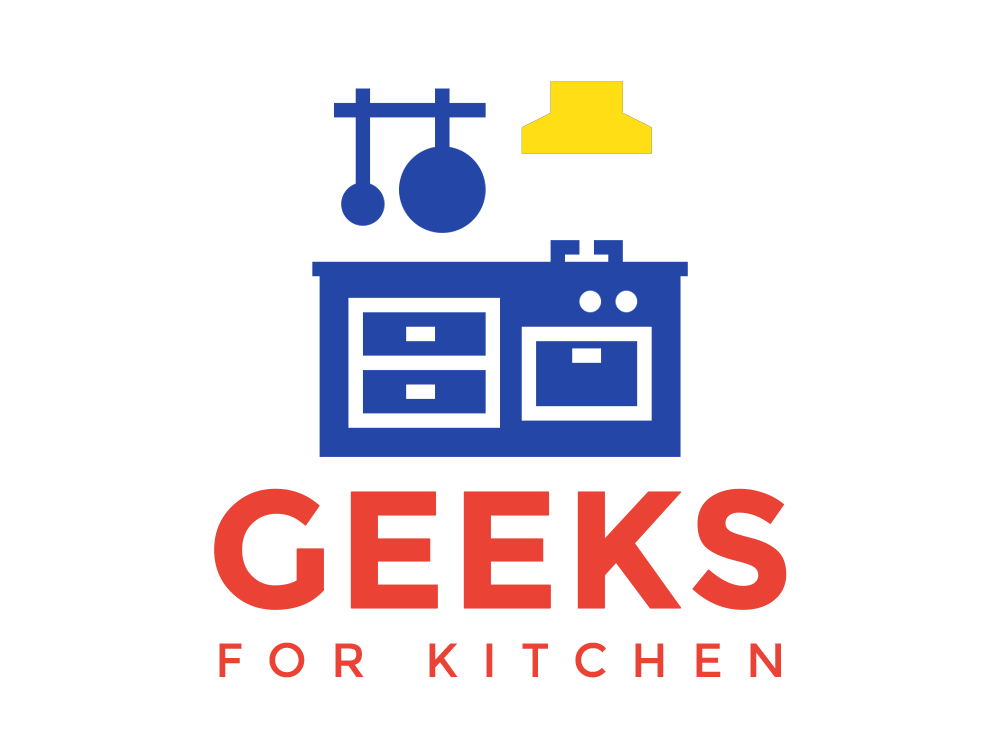How To Dispose Of Coffee Maker
Coffee makers are a household essential, helping millions of people start their day with a fresh cup of coffee. However, like all appliances, they eventually wear out or become obsolete, raising the question: how to dispose of a coffee maker responsibly? This guide will walk you through the process of disposing of your coffee maker in an eco-friendly manner, ensuring it doesn’t end up in a landfill unnecessarily. By the end of this article, you’ll know all your options, from recycling to donating and even repurposing parts of your old coffee maker.
How To Dispose Of Coffee Maker – Step-by-Step Guide
There are several ways to dispose of a coffee maker responsibly. Below are the best methods to ensure that your old coffee maker is disposed of in an environmentally friendly manner.
1. Donate Your Old Coffee Maker
One of the best ways to dispose of your coffee maker, especially if it’s still functioning, is by donating it. Many charities, thrift stores, and non-profit organizations accept gently used coffee makers.
Where to Donate a Coffee Maker:
- Goodwill: Goodwill stores often accept small appliances that are still in working condition. Donating to them ensures that your coffee maker will go to someone in need while supporting a good cause.
- Local Charities: Reach out to local shelters or community centers. They might be in need of coffee makers for their kitchens.
- Thrift Stores: Second-hand stores will often take working coffee makers and resell them at a low price.
Benefits of Donating:
- Keeps the appliance in use rather than contributing to waste.
- Provides a valuable resource for someone else.
- Reduces the demand for new products, lowering the environmental impact of manufacturing.
2. Recycle Your Coffee Maker
If your coffee maker is no longer in working condition, recycling is an excellent option. Many coffee makers contain materials that can be recycled, such as metal and plastic. Here’s how to recycle a coffee maker effectively:
Check Local Recycling Programs
Many municipalities have recycling programs that accept electronic waste (also called e-waste). Check with your local recycling facility to see if they accept coffee makers or small appliances.
E-Waste Collection Events
Some cities hold special e-waste collection events where residents can drop off old electronics for recycling. These events are usually held a few times a year, so check your city’s website for upcoming events.
Retailer Recycling Programs
Some large retailers, like Best Buy, have recycling programs for small appliances, including coffee makers. You can drop off your old machine at the store, and they’ll take care of the recycling for you.
Benefits of Recycling:
- Conserves Resources: Recycling recovers valuable materials like metal and plastic, which can be reused in the manufacturing of new products.
- Reduces Pollution: Proper disposal prevents harmful chemicals from leaching into the environment.
- Legal Compliance: Many areas have strict e-waste laws, and recycling ensures you are complying with local regulations.
3. Sell Your Coffee Maker
If your coffee maker is in excellent condition, you may be able to sell it and make some money. Many people are looking for affordable, second-hand appliances. Here’s how to sell your old coffee maker:
Where to Sell:
- Online Marketplaces: Websites like eBay, Craigslist, and Facebook Marketplace are excellent platforms to sell used appliances.
- Garage Sales: If you’re hosting a garage sale, your coffee maker might find a new home with someone in your neighborhood.
- Second-Hand Stores: Some second-hand appliance stores may buy working coffee makers.
Tips for Selling:
- Clean It Thoroughly: Make sure the coffee maker is clean and in good condition before listing it for sale.
- Provide Detailed Information: Include details about the brand, model, and any special features. Be honest about its condition.
- Price It Competitively: Research similar models online to set a fair price.
4. Repurpose Your Coffee Maker
Are you feeling creative? You can repurpose an old coffee maker and give it a new life. Many parts of a coffee maker can be used for DIY projects. Here are a few ideas to repurpose your coffee maker:
Creative Repurposing Ideas:
- Planter: Turn the carafe or the coffee maker itself into a planter. The carafe is perfect for holding small plants or flowers.
- Kitchen Organizer: The water reservoir can be repurposed as a utensil holder in the kitchen.
- Science Project: If you have kids, disassemble the coffee maker and use the parts for educational projects.
Benefits of Repurposing:
- Saves Money: Instead of buying new items, you can repurpose parts of your coffee maker for other uses.
- Eco-Friendly: Reduces waste by finding new uses for old appliances.
5. Dispose of Coffee Maker through Manufacturer Take-Back Programs
Some manufacturers offer take-back or recycling programs for their products. If you bought a high-end coffee maker, check with the manufacturer to see if they offer such a service. This is one of the best ways to ensure your coffee maker is disposed of properly.
How Manufacturer Take-Back Programs Work:
- Contact the Manufacturer: Reach out to the customer service department and inquire about take-back programs.
- Mail or Drop Off: Some manufacturers will provide a mailing label so you can send your old coffee maker back to them. Others may have local drop-off locations.
Examples of Companies Offering Take-Back Programs:
- Nespresso: Nespresso offers a recycling program for its machines and coffee pods.
- Keurig: Keurig has a recycling program for its machines, as well as its K-Cups.
- Cuisinart: Some Cuisinart models are eligible for recycling through their take-back program.
Benefits of Manufacturer Take-Back Programs:
- Guaranteed Recycling: The manufacturer will ensure that your coffee maker is disposed of in an environmentally friendly way.
- Convenient: Many programs offer free shipping or local drop-off options.
6. Check for Trade-In Programs
Some retailers and manufacturers offer trade-in programs where you can exchange your old coffee maker for a discount on a new one. This is a great option if you’re planning to buy a replacement coffee maker.
Popular Trade-In Programs:
- Bed Bath & Beyond: Occasionally offers trade-in events for small kitchen appliances.
- Target: Some Target stores have trade-in events where you can bring in your old appliances and receive store credit.
Benefits of Trade-In Programs:
- Discount on New Purchase: You’ll get a discount on your new coffee maker or another appliance.
- Environmentally Responsible: Trade-in programs ensure your old coffee maker is either recycled or refurbished.
7. Responsible Disposal via Trash (As a Last Resort)
While disposing of your coffee maker in the trash should be the last resort, there are certain circumstances where it might be the only option. However, be sure to follow these guidelines:
Steps for Trash Disposal:
- Check Local Regulations: Some municipalities have laws against disposing of e-waste in the trash, so verify your local regulations.
- Disassemble: Remove any reusable parts or materials, like the carafe or filters, and dispose of them separately.
- Proper Bagging: Place the coffee maker in a trash bag to prevent any sharp edges from damaging other items.
Why Trash Disposal Should Be Avoided:
- Environmental Impact: Coffee makers contain materials that can take hundreds of years to break down in landfills.
- Missed Recycling Opportunities: Valuable materials go to waste when you dispose of appliances in the trash.
Conclusion: Choose an Eco-Friendly Approach
Disposing of a coffee maker responsibly is crucial for protecting the environment and reducing e-waste. Whether you opt for recycling, donating, or repurposing, every effort you make to prevent your coffee maker from ending up in a landfill is a step towards a more sustainable future.
By following the proper steps and exploring take-back programs or local recycling options, you can dispose of your coffee maker in an eco-friendly manner. Remember, making small changes in how we discard everyday appliances can have a significant impact on the planet.


